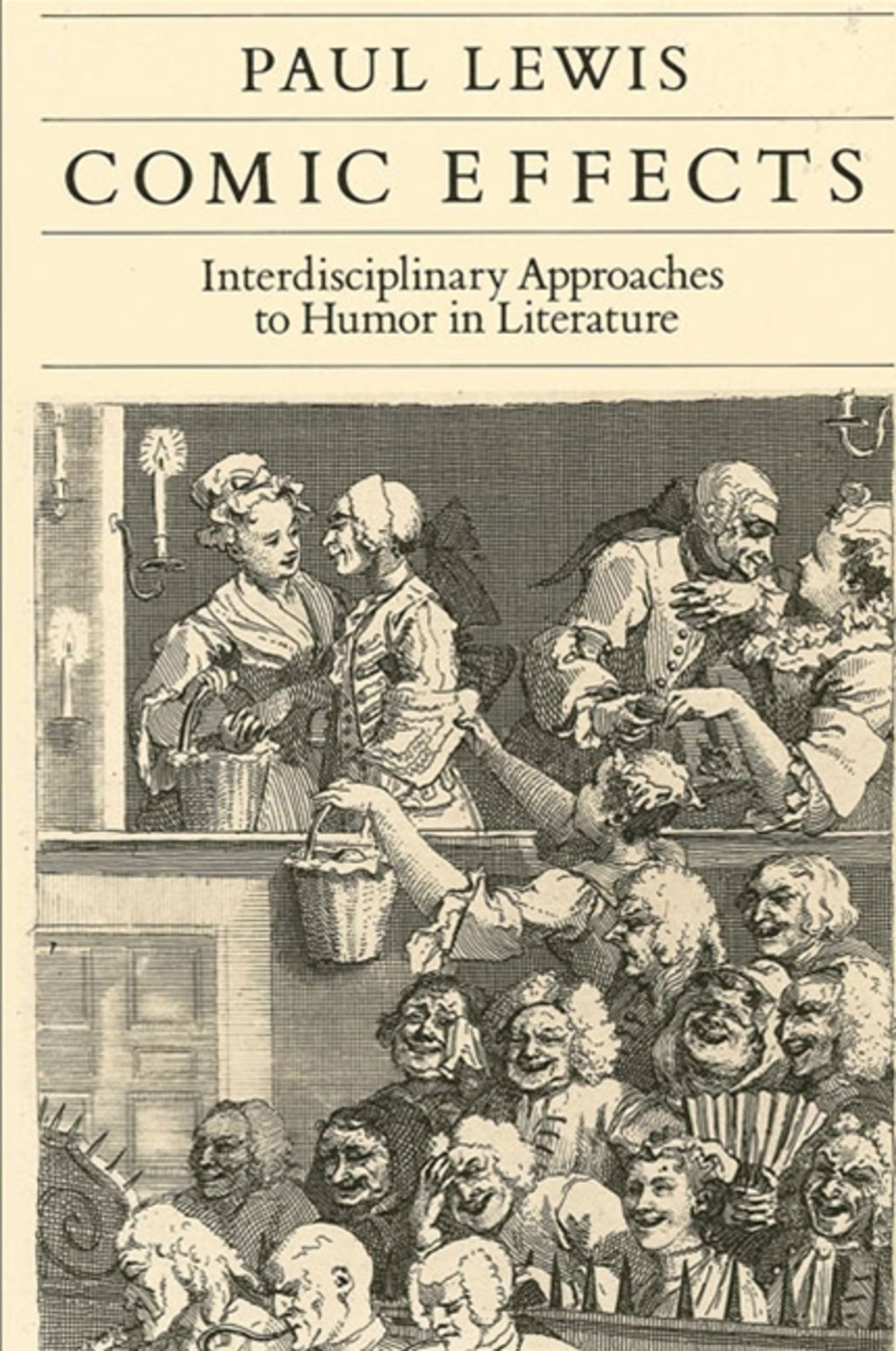We're sorry. An error has occurred
Please cancel or retry.
Comic Effects

Some error occured while loading the Quick View. Please close the Quick View and try reloading the page.
Couldn't load pickup availability
- Format:
-
25 August 1989

Lewis draws on both humor theories and research, arguing for the development of interdisciplinary methodologies in the study of literary humor. He demonstrates that the sociologist of humor and the comic playwright approach the same subject-humor in and between groups-with different tools, that writers of Bildungsromane and developmental psychologists share a common interest in the role of humor in maturation, and that the monsters that haunt the psyches of professional comedians can be useful in understanding the odd minglings of humor and fear in Gothic fiction. His treatment of writers who differ widely in their use of humor suggests that the complexity and diversity of humor make it a richly variable determinant of character, genre, and writer.


"Comic Effects will be lauded in the academic journals as a salient contribution to the study of humor." — Joseph Boskin, Boston University
Preface
1. Humor Criticism and Humor Research
2. The Politics of Comedy and the Social Functions of Humor
3. Humor and Maturation in Fictions of Development
4. Humor and Fear in the Gothic
Conclusion
Notes
Index



